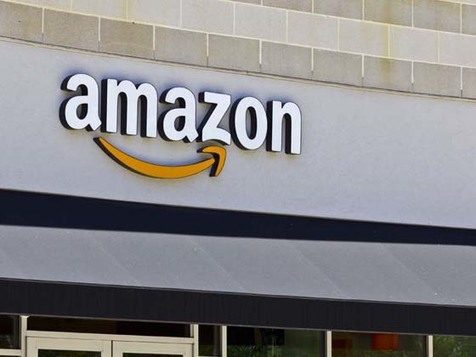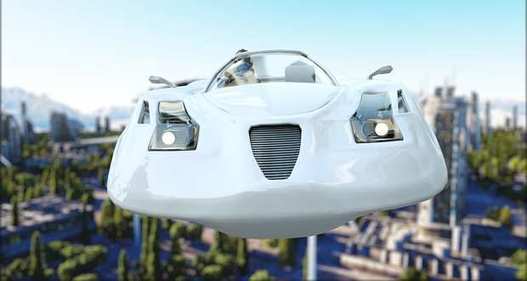Amazon Signals Its Furniture Ambitions with Two Private Label Lines
Already the leading online furniture retailer, Amazon has amped up the pressure on the sector with the launch of two private-label furniture lines. Amazon’s Rivet and Stone & Beam lines are still too new to have made a big sales impact, but the launches are a signal that consumers are growing more comfortable with the...









